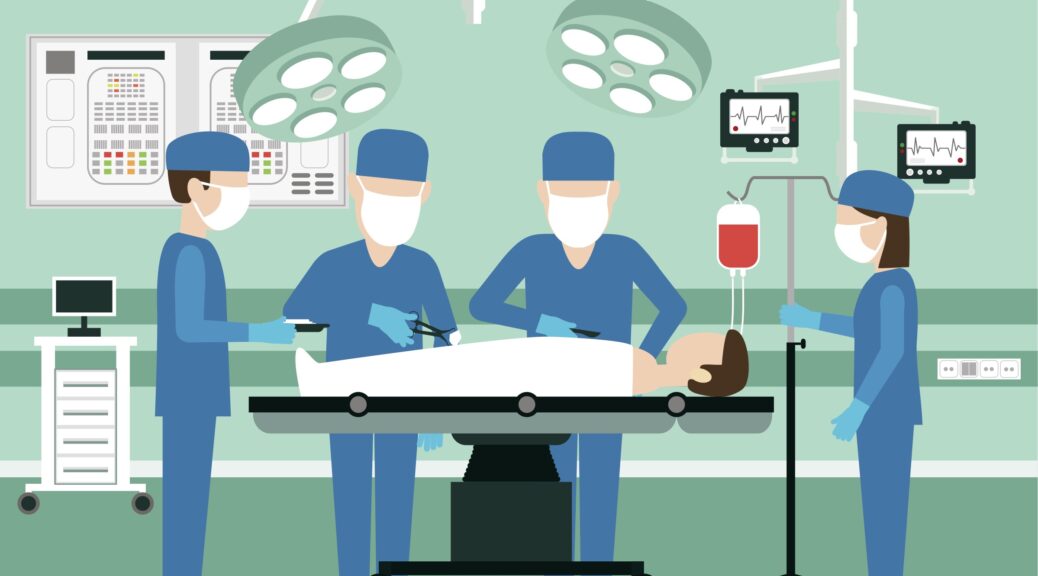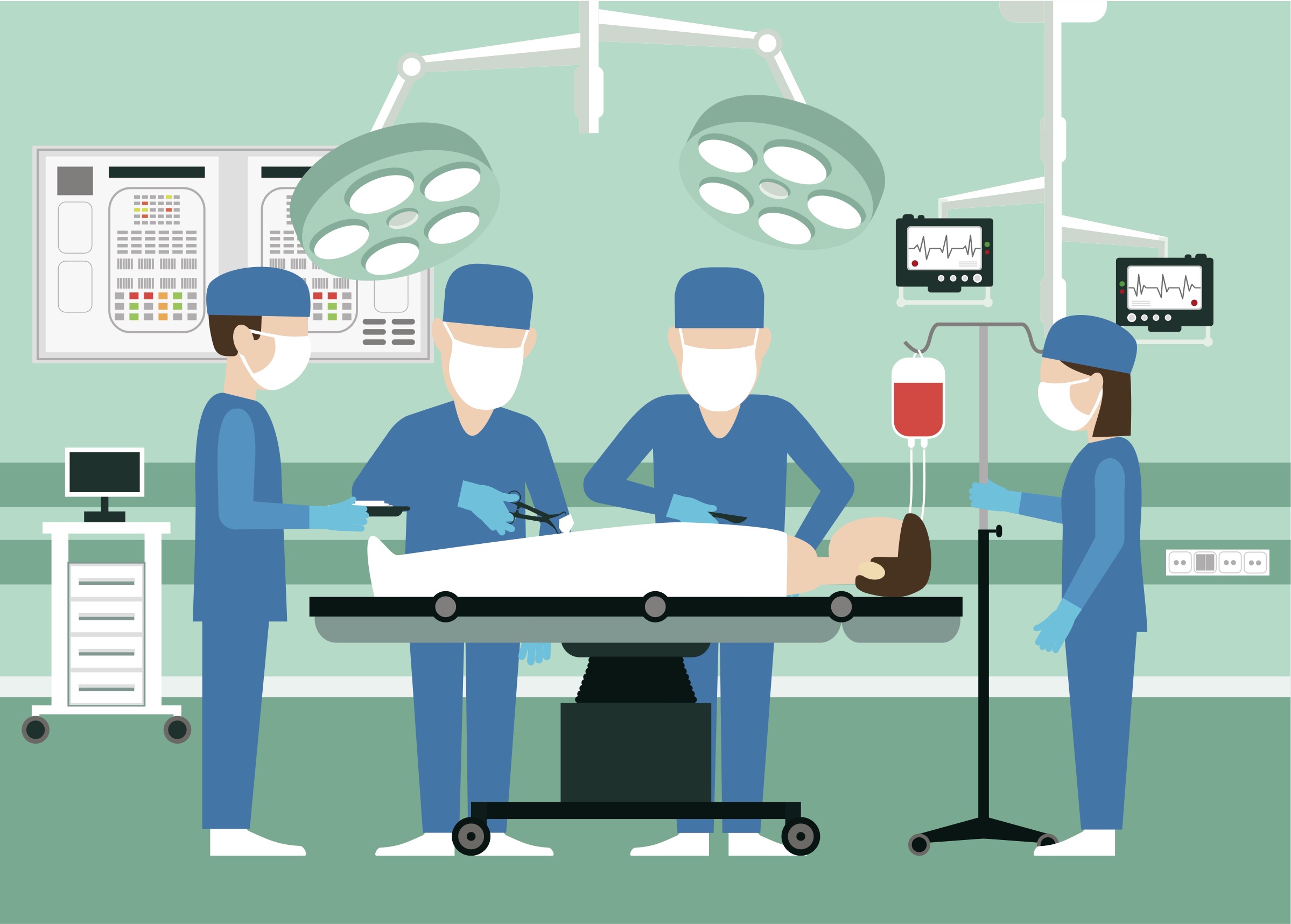Prelude
Before we look at the title question let me declare some personal bias.
- Because of what I have seen over the last 40 years, I am now and have always been an advocate for patient safety.
- I believe in regulatory control over the medical device industry, so I have never cut regulatory corners. I must admit that there were times when I used those regulations to my advantage.
- I am not a regulatory compliance professional.
Set-up
Live case presentations at major medical conferences can provide a huge momentum surge for a new product or technique if all goes well. If things don’t go well, then the opposite is true. High business risk, high business rewards or penalties.
There has been an allowance in the regulations that prevent the promotion of new medical devices without proper regulatory approvals, going back decades, that allowed for the promotion of pre-clearance and pre-approval devices. This allowance was the recruitment of investigation sites and investigators for IDE studies. Due to the liberal use of this allowance, the FDA issued draft guidance in 2014 with the ultimate non-binding guidance document released in 2019.[1]
This guidance document, from my perspective, recommends some really commonsense requirements:
- Ensure the patient is not exposed to extra-risk.
- Ensure the integrity of the study.
- To the best of your ability foresee the use of live case demonstrations and make them integral to the study plan.
- Declare your intentions, in grave detail, to the FDA during the initial IDE application and then provide additional information to the application as more details are available.
- Communicate the clinical results of those live case-patients to the FDA as required.
- If there is an adverse event report that within 10-days.
Are live case still relevant today?
With the increased regulatory scrutiny and the lack of live case event theaters (almost all congress going to virtual formats), one might think that conducting live cases for marketing purposes (investigator recruitment) may no longer be worth it.
Personally, I believe that they are more relevant than ever. Whether you go through the work with your regulatory team to do it pre-clearance or pre-approval is really a question of your ability to recruit investigators and the belief that your expert clinician can safely perform a novel procedure under the light and cameras.
Because of COVID-19, the medical device marketing World will be forever changed. Will live Congresses come back, most certainly. Will the virtual World of medical device marketing ever return to its former practices, no. With these two realizations pre-recorded or rebroadcasted live cases will be even more important as digital content. Content that is by its very nature on demand. This convenience and lower cost type of education, branding, and promotion of new technology will remain a popular option.
Lessons:
- Know the rules so that you can comply with regulations
- Patient safety is not assumed, it must be advocated for from every department and person
- It is okay to play the long game with your reputation and the safety of the patients that you serve, if your Management team wants short-term results at the expense of your core beliefs, well……………
“Experience is what you get, right after you need it most.”
Make it a great day!
Tim Walker
Tim Walker is the Principal Consultant for The Experia® Group, a consulting firm specializing in providing experience and expertise during critical device commercialization phases to increase the probability of success.
One-on-One, or, team coaching is available.
www.theexperiagroup.com. Contact, The Experia® Group for a free 30-minute consultation to determine if 30+ years of experience can contribute to your success. tim@theexperiagroup.com
© 2021, The Experia® Group, LLC
[1] Live Case Presentations During Investigational Device Exemption (ISE) Trials. US FDA, July 11, 2019.

